In the time since the Hackaday Prize was first run it has nurtured an astonishing array of projects from around the world, and brought to the fore some truly exceptional winners that have demonstrated world-changing possibilities. This year it has been extended to a new frontier with the launch of the Hackaday Prize China (Chinese language, here’s a Google Translate link), allowing engineers, makers, and inventors from that country to join the fun. We’re pleased to announce the finalists, from which a winner will be announced in Shenzhen, China on November 23rd. If you’re in Shenzen area, you’re invited to attend the award ceremony!
All six of these final project entries have been translated into English to help share information about projects across the language barrier. On the left sidebar of each project page you can find a link back to the original Chinese language project entry. Each presents a fascinating look into what people in our global community can produce when they live at the source of the component supply chain. Among them are a healthy cross-section of projects which we’ll visit in no particular order. Let’s dig in and see what these are all about!

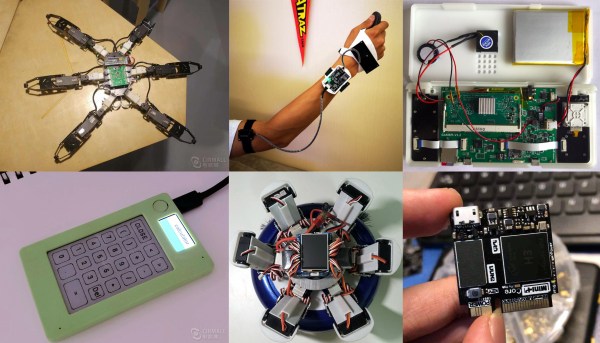
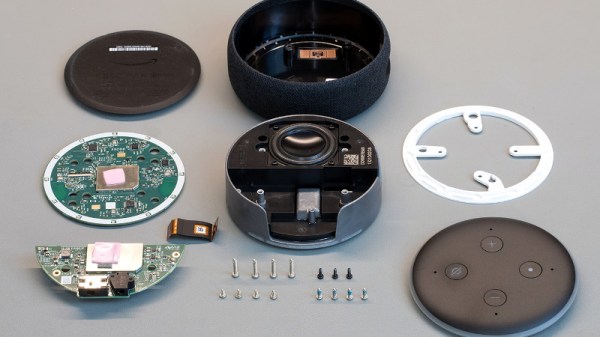
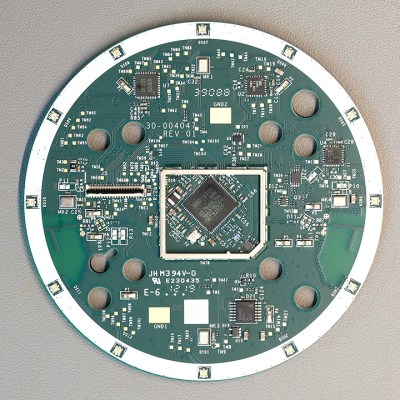



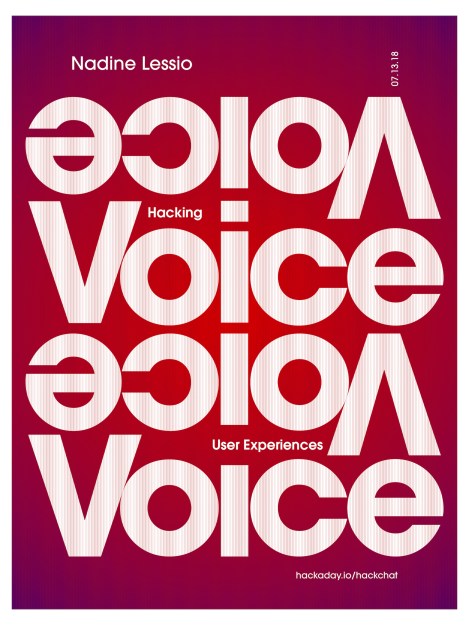




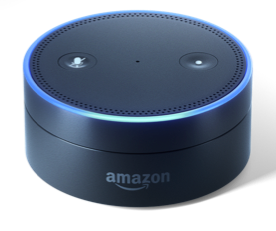 That is just the experience of one hackspace, but it evidently does not end there. Every other day it seems that
That is just the experience of one hackspace, but it evidently does not end there. Every other day it seems that 








